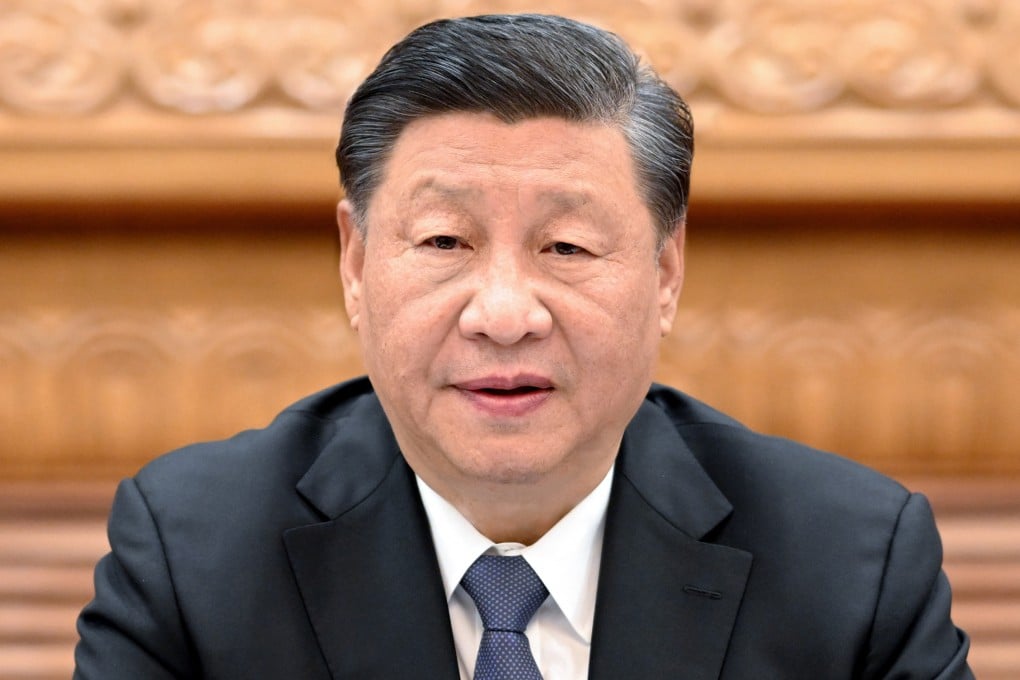Advertisement
Asian Angle | Xi Jinping says China has power and influence to shape the world, but at what cost?
- The crux or the limits to Chinese influence lie in the very nature of China’s system, which is inherently opaque
- China’s Belt and Road Initiative has been criticised as ‘debt trap diplomacy’, for providing funds for infrastructure projects to mostly developing nations
Reading Time:4 minutes
Why you can trust SCMP
13

President Xi Jinping was right when he said at the opening of the 20th Communist Party Congress that “China’s international influence, appeal and power to shape the world has significantly increased”.
But is this “influence” and “power” necessarily for the better? Especially when the “influence” lacks transparency?
In Cambodia, Chinese influence and investments have contributed to the Southeast Asian nation’s development but have also led to a massive influx of Chinese tourists and businessmen, especially in the coastal city of Sihanoukville.
Advertisement
Apart from the negative impact of casino-building on local populations, massive demand for land has caused prices to skyrocket, which has priced lower and middle-income Cambodians out of their homes and communities.
Gambling and organised crime have also turned Sihanoukville into the country’s crime capital where reports of money laundering, human trafficking, child labour and prostitution have alienated locals and fuelled anti-Chinese sentiments.
Advertisement
While both China and Cambodia have continued to deny the possibility of a permanent Chinese military presence at the Ream Naval Base, satellite images have revealed otherwise.
Advertisement
Select Voice
Select Speed
1.00x
